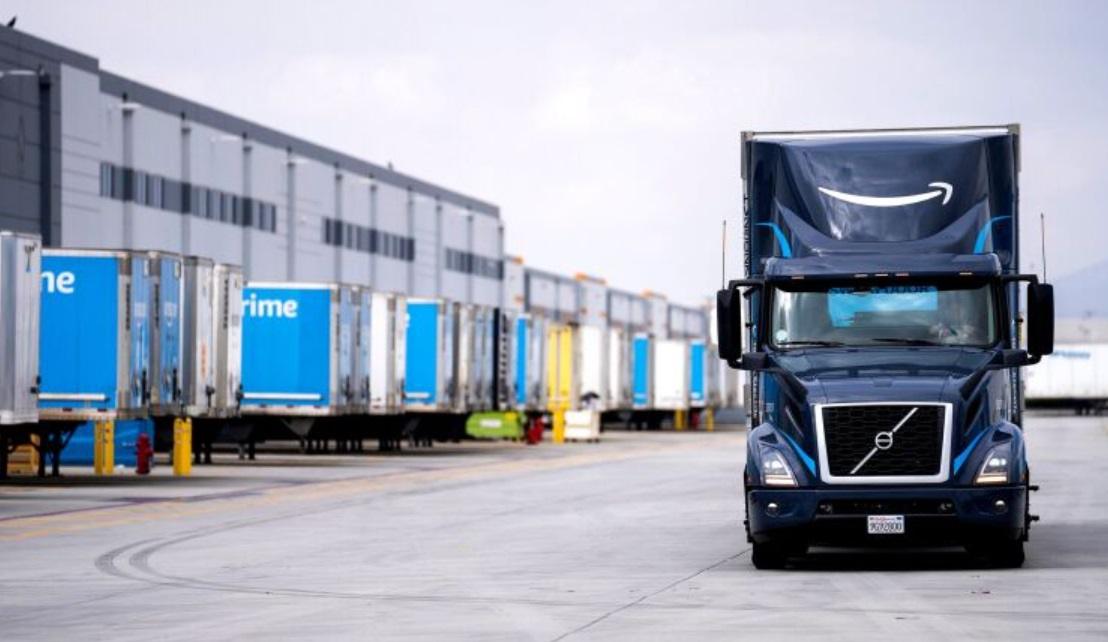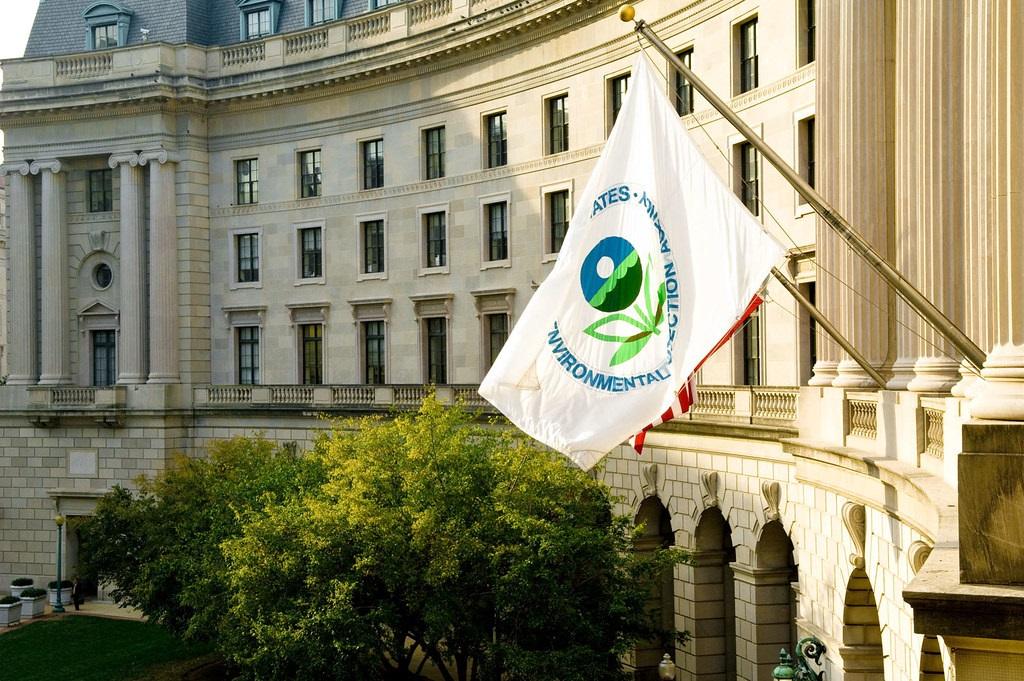House Votes to Repeal Biden Tariff Relief on Solar Panel Parts Imports
The U.S. House of Representatives has voted to repeal a rule introduced by President Biden allowing the duty free import of solar panel components from Southeast Asia, aimed at enabling domestic solar manufacturers to ramp production to meet growing clean energy demand.
President Biden has pledged to veto the resolution if it were to pass in Congress.
The vote follows a series of moves announced last year by the Biden administration aimed at ensuring the continued production and deployment of solar panels in the U.S., and to spur the development of long-term domestic solar manufacturing capacity. These actions included suspending the collection of tariffs for two years on imports of solar cells and modules from Cambodia, Malaysia, Thailand, and Vietnam, in order to resolve one of the key near-term issues threatening to disrupt the continued growth of solar panel deployment, following a Commerce Department investigation into whether China was routing products illegally through these countries, that may have resulted in the imposition of tariffs.
The Southeast Asian countries currently account for roughly three quarters of imported solar modules, making up the vast majority of solar module installations in the U.S.
The bipartisan resolution to disapprove of the rule and resume the tariffs was sponsored by Rep. Bill Posey, and was approved in a 221-202 vote, including support from 12 Democrats, although 8 Republicans opposed it.
Posey said:
“Some believe we must tolerate China’s bad decisions and remain dependent on adversarial nations to create renewable energy – that’s a false choice… The United Stated can and should focus its resources into developing our own solar products and boosting American competitiveness around the world, rather than supporting China’s quest to dominate the market and control energy supply.”
The transition to clean energy sources has been a major focus for the Biden administration, which announced a series of climate-focused executive actions immediately upon taking office, followed by moves to significantly boost offshore wind capacity, mandate the shift to zero emissions vehicles, and allocate billions to energy transition-focused activities through the Bipartisan Infrastructure Law and Inflation Reduction Act.
Prior to the vote, the White House published a statement opposing the resolution, arguing that the temporary relief from tariffs is needed to provide solar panel manufacturers time to invest in capacity and ramp up their own production of solar cells and modules, and stating that the resolution would “create deep uncertainty for jobs and investments in the solar supply chain and the solar installation market.”
The White House statement added:
“If Congress were to pass this joint resolution, the President would veto it.”







